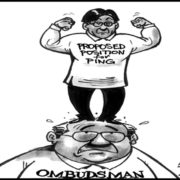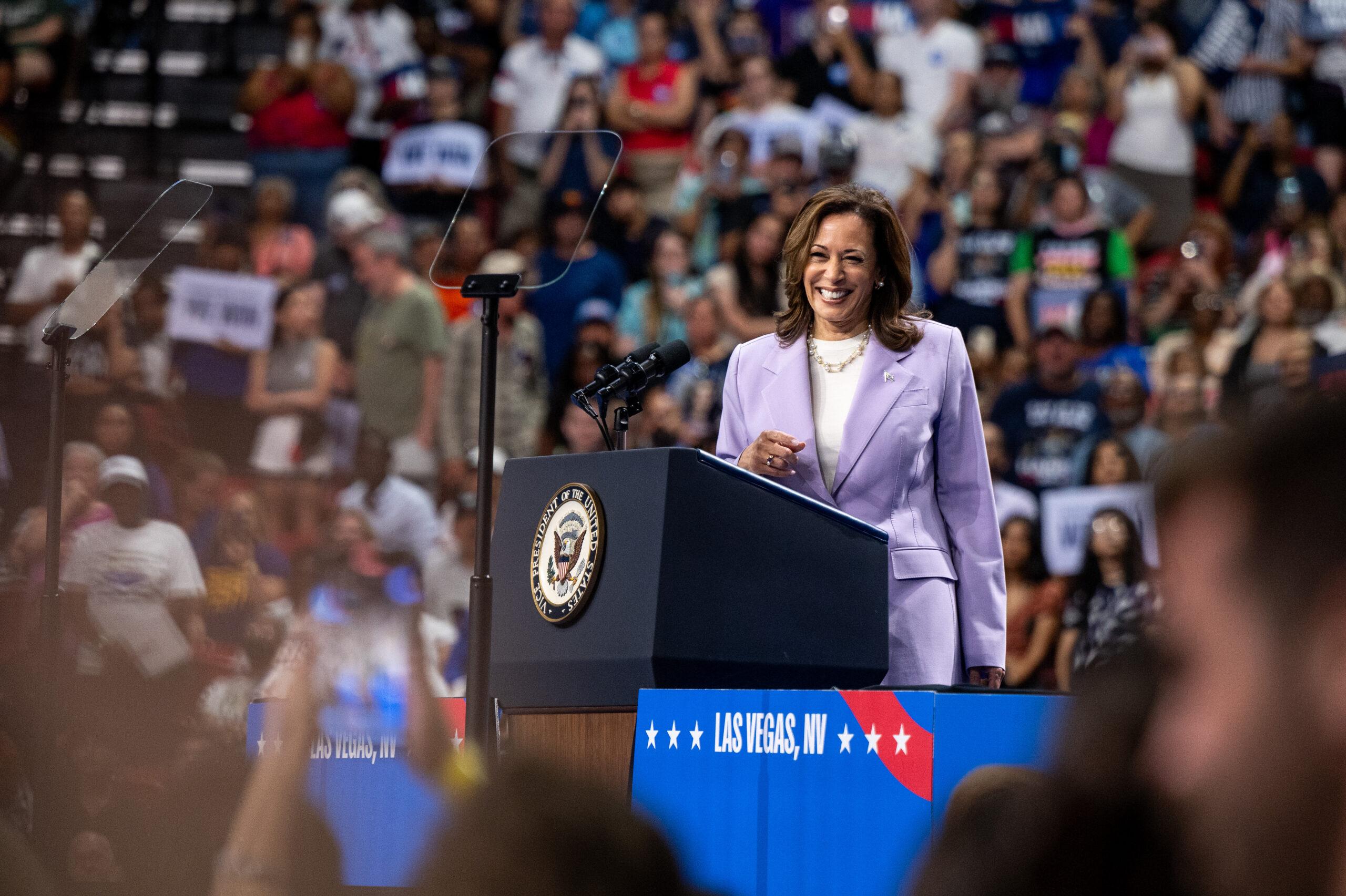AMID the intensifying maritime impasse with China, the Philippines sought the intervention of neutral experts to help resolve the tension in the disputed South China/West Philippine Sea.
The arbitration process was backed by the European Union, United States and Japan, who all support peaceful resolution to any international conflict.
Through an aggressive stance, China strongly claims indisputable sovereignty over the resource-rich territory. The country rejected the idea of an international arbitration and will only abide by bilateral negotiations.
In a recent meeting with the United States, China reiterated its firm stand and “principled position” on the territorial dispute.
“China is the firmest promoter of the freedom of navigation in all oceans around the world, and China will continue to firmly implement this policy,” State Councilor Yang Jiechi said.
In that meeting, Pres. Barack Obama urged China to manage its rift with its neighbors peacefully, without the use of intimidation or coercion.
He added that the United States would continue to speak out in support of international norms, such as the protection of universal human rights.
Malacañang welcomed the statement of President Obama and said that his pronouncement was “consistent” with the position of the Philippine government.
Deputy presidential spokesperson Abigail Valte agreed with the American president and said “that any maritime dispute should be resolved under a rules-based regime of the international law and that force should not be resorted in any case.”
On Tuesday, July 16, the Philippine Department of Foreign Affairs (DFA) said that the arbitral proceedings have officially begun.
The Arbitral Tribunal that has been appointed to hear the case brought by the Philippines against the People’s Republic of China under Annex VII of the UN Convention on the Law of the Sea.
During their first meeting on July 11, the president and members of the Tribunal designated The Hague as the seat of the arbitration and the Permanent Court of Arbitration as the registry for the proceedings.
For Philippine Foreign Affairs Secretary Albert Del Rosario, this arbitration provides a mechanism for the peaceful settlement of disputes. It is as an important instrument in transforming the sovereign equality of states from legal fiction to potent political reality.
“When parties are in a dispute, differences in political and economic power can often weigh against a fair, just, peaceful and lasting resolution. Mediation and other third party mechanisms can level the playing field. These help ensure that although one party may lack in power, it can make up for through reliance on the rule of law,” Del Rosario said.
As the conflict over territorial claims remains, so does the threat on the region’s peace and stability. With the Philippines and China not willing to budge, an arbitration is a fair and unbiased solution.
If both parties are sure of the legitimacy of their claims to the islands, then an international arbitration and not the use of force, is appropriate and amicable.
(AJPress)





